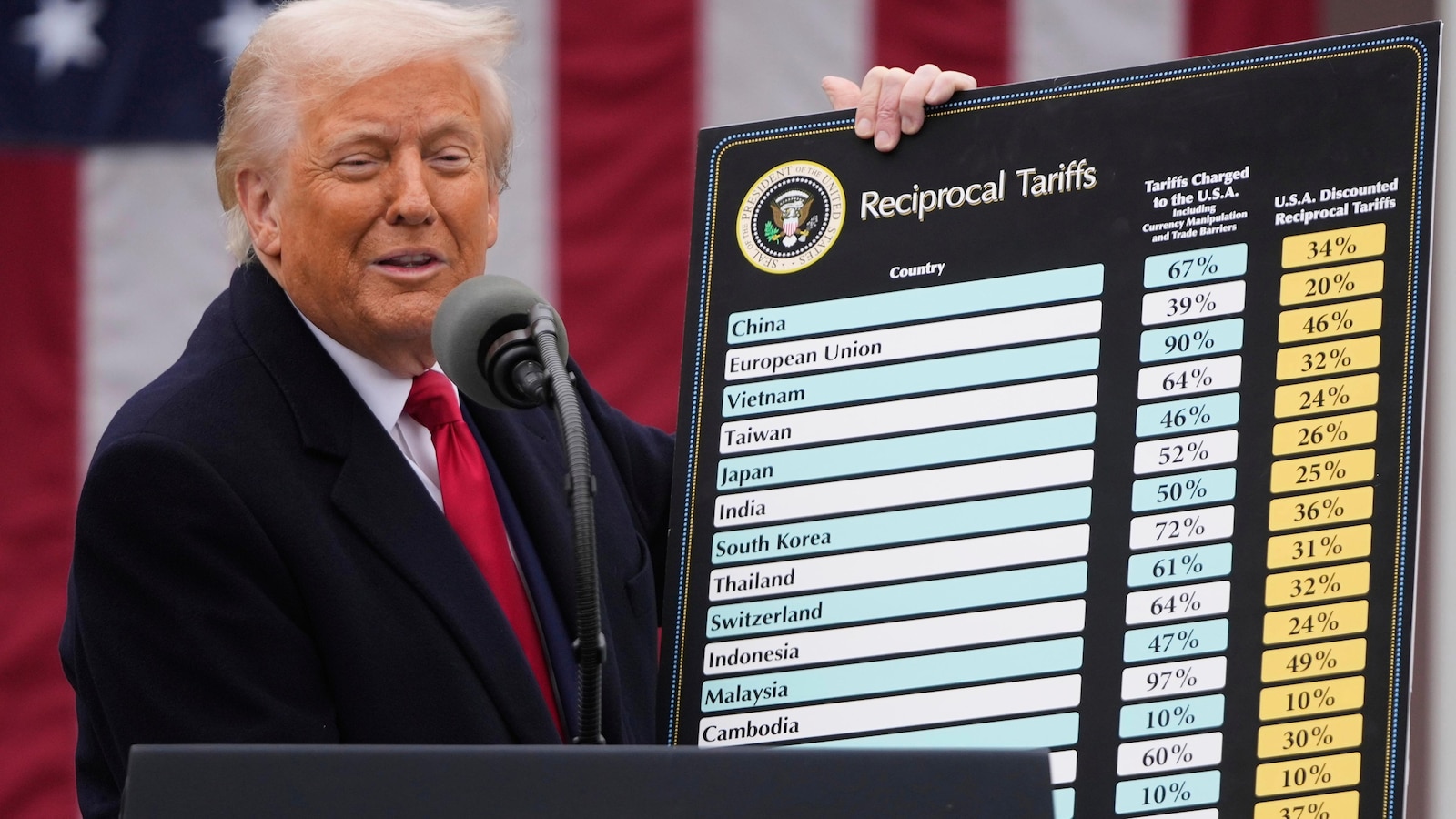Canada’s tech leaders court oil-rich Gulf countries in a push for investment and sales

TORONTO — Venture firm Inovia Capital is trying to put Canada’s technology sector on the map in Saudi Arabia and the United Arab Emirates (UAE), as the energy superpowers spend heavily to digitize their economies and back leading companies in AI and other fields.
Both governments “are technology customers,” said Inovia partner Chris Arsenault. “They’re also investors.” That presents major opportunities for Canadian companies, few of which have ventured into the region so far.
Last week, Montreal-based Inovia led a delegation of executives from prominent Canadian tech firms, venture funds and research institutes to Riyadh, Abu Dhabi and Dubai. Participants included Cohere co-founder Nick Frosst, whose US$600 million funding round Inovia co-led; Kurtis McBride, CEO of Kitchener, Ont.-based Miovision, which develops traffic management technology; Paul Terry, CEO of quantum computing startup Photonic; Intrepid Growth Partners’ co-founder Mark Shulgan; and Garage Capital general partner Mike McCauley. Inovia partners Patrick Pichette and Steve Woods also made the trip.
Talking Points
- A group of Canadian tech executives visited Saudi Arabia and the United Arab Emirates last week to court customers and investors. Montreal-based Inovia Capital organized the trip.
- The two countries are digitizing their operations and economies, while investing heavily in startups developing AI and other technologies
In Riyadh, the Canadian participants met with officials from the Saudi communications, energy and investment ministries as well as the research and data authorities, in addition to the venture arm of oil giant Aramco. Some also visited Humain, an AI firm backed by the kingdom’s Public Investment Fund. In the UAE, the delegates met with the Abu Dhabi and Dubai investment authorities; sovereign wealth fund Mubadala; as well as state spinoffs AI71 and VentureOne, which are developing and selling large language models.
Inovia staff have visited Saudi Arabia and the UAE three times in the last year and a half. For this month’s delegation, Inovia invited companies that sell into markets in which the VC firm has identified opportunities, including energy, digital health, space, and workforce transformation. The two countries have done more to digitize service delivery to citizens and capitalize on the data of residents and businesses than most other parts of the world, Arsenault said.
Canadian venture firms and scale-ups are increasingly making the region a stop on their fundraising tours, he said. While Inovia itself isn’t fundraising right now, and doesn’t have limited partners from either country, it shares portfolio companies with funds backed by Aramco and Mubadala.
Institutional investors, corporate venture arms and family offices from the two countries are increasingly investing abroad. But so far, little Saudi and Emirati capital has flown to Canada. “For them, up until this last week, North America was the U.S.,” Arsenault said; the delegation was meant to show off Canada’s capabilities.
Following the Inovia-led trip, several participating companies are in sales or funding talks with Saudi or Emirati customers and investors, according to Arsenault.
Some of the companies that were part of the delegation already do business in the region. Toronto-headquartered Cohere, for example, is working with Saudi Arabian firm STC Group to customize its North AI agent-builder system for the telecom sector. In a regulatory filing in May, Cohere said it may look to incorporate subsidiaries in Qatar, Saudi Arabia and the UAE. Aramco-backed Prosperity7 Ventures is an investor in the firm.
Miovision, meanwhile, began selling in the Middle East last year. Abu Dhabi Mobility recently installed the firm’s Opticom signal system at intersections across the city-state.
Executives from Inovia portfolio firms AppDirect, Novisto, Vital Bio and WorkJam also participated in the tour, along with representatives of Amii and Mila, the federally-funded AI institutes.
The UAE and Saudi Arabia are each spending tens of billions of dollars on AI companies and infrastructure as they seek to diversify their economies away from oil revenues. The Liberal government is in a “constructive engagement process” with both countries as it looks for “pockets of capital” to fund the growth of the Canadian AI ecosystem, AI Minister Evan Solomon told The Logic in June. “They are going to be investing in AI around the world.” Solomon is scheduled to speak on a panel with his Emirati counterpart at the Gitex Global conference in Dubai next week.
Arsenault said Inovia began exploring opportunities in Saudi Arabia and the UAE before the elections of U.S. President Donald Trump or Canadian Prime Minister Mark Carney. But the trade and geopolitical tensions that have since arisen have made it even more important for Canadian companies and policymakers to engage with the region, Arsenault said. “There’s these huge opportunities.”
link









